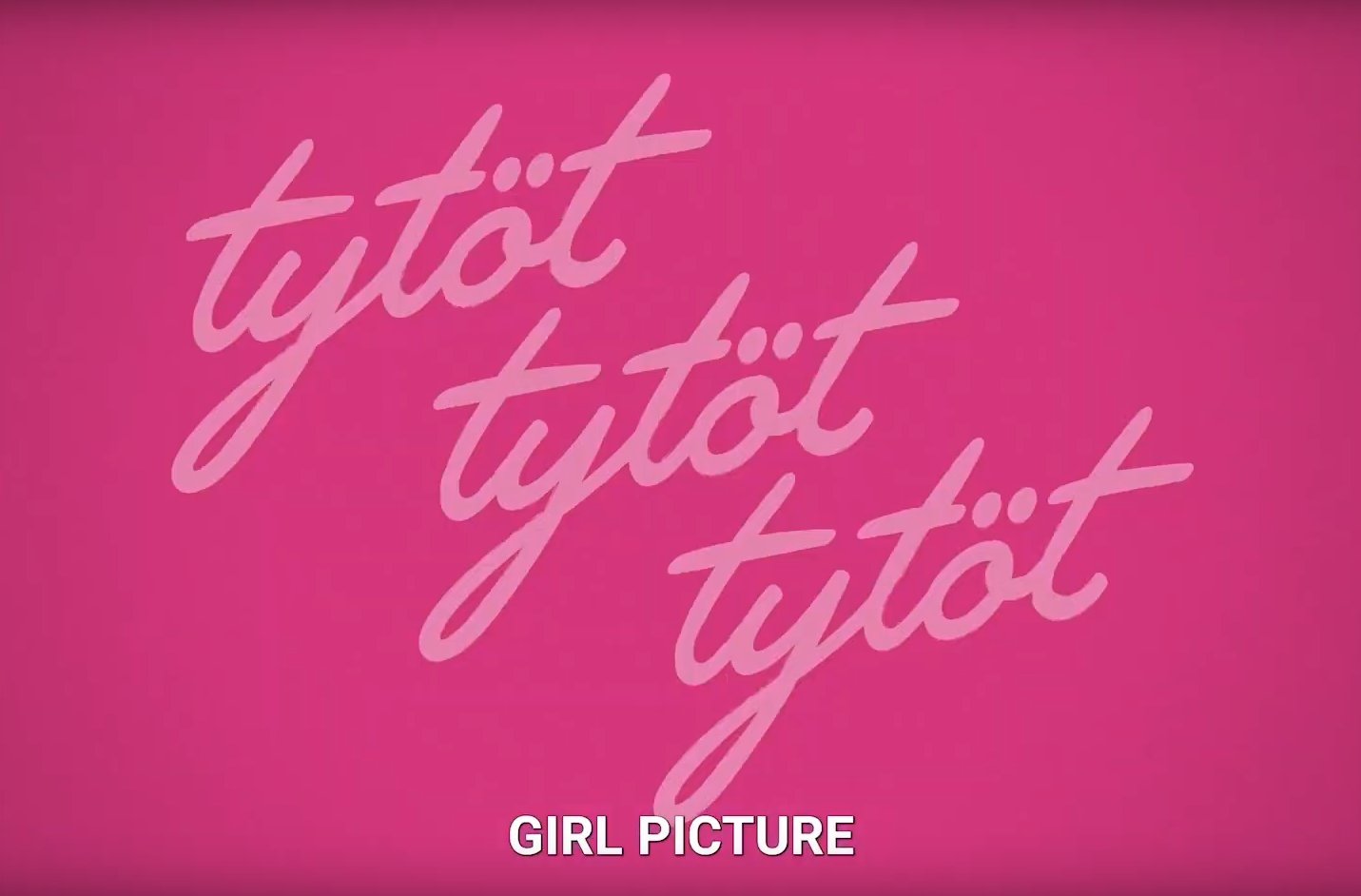Across the world, there are over 10000 film festivals. Some are huge and attract a lot of press, celebrity power, and money such as the Cannes International Film Festival or Sundance Film Festival. However, most of the festivals are smaller, focused on local filmmakers or a specific genre. Before the Internet changed the whole landscape, the film festivals used to be bread and butter for any aspiring filmmaker. Acceptance to one, especially an A-list festival where distributors looked to buy films or sales agents looked to find films to represent, had always been the dream of filmmakers.
The 1990’s were the high days of independent film acquisition at festivals such as Sundance or Toronto Film Festival. Back then, the distributors guaranteed a minimum amount of money up front for the film, and the marketing budget was also part of the deal.


In the Photo: Banners from top international film festivals Photo Credit: Sundance Film Festival, Toronto International Film Festival
Unfortunately, those days are long gone and screening a film at even one of the top film festivals doesn’t mean it is going to be picked up by a distributor, offered minimum guarantee, marketing budget or that it will make its way to the awards season. The times have shifted so much that even an official selection for one of the A-list film festivals doesn’t guarantee any of that. At times even awards don’t help to get a good distribution deal. Getting a distributor interested in your film is one thing but getting a good distribution deal is something very different.
Film festivals became crowded; in my opinion, some of them are overcrowded with content, celebrities, merchandising, and filmmakers trying to either sell a film or get money for the next one. The current film festival system, just like the film distribution system is old-fashioned and destined to fail filmmakers who are not part of it. It’s the system that still makes filmmakers believe that to succeed they must be picked up at the top festival by a distributor who gives them no guarantees but will still take away rights to their film for the next 10-15 years. And if you don’t have celebrities in your film or millions to throw at marketing and promotion, you will most likely not succeed at it.
Many festivals are run like a business and thus must generate income to be sustainable and competitive. Some, such as Sundance, became institutions that support indie filmmakers but once again it is a tough crowd to break into, especially when you don’t have contacts, don’t work with already established actors or are not established in your homegrown film industry (primarily if you work outside of the USA).
On top of this enormous difficulty to be accepted into a festival (there is a lot of competition coming from other filmmakers), film festival fees have become unsustainable for many independent filmmakers. It doesn’t matter whether you had saved money on production, as fees will eat up all the savings you made that could have gone towards growing your unique audience.
As filmmakers, we make films for people to watch and we thrive when the audience likes our work, finds it entertaining or educational. Film festivals usually offer one or two screenings of your film and keep the audience’s mailing list to themselves. Even more so, paying the submission fee doesn’t mean your film will be accepted to that festival at all. It just means that your film is in consideration and one of the programmers will watch it and decide if it is what they like.
An interesting story happened to me a few months ago. One festival that I submitted my short film to kept insisting that I use their critic service, which means a bunch of people or just one person would watch my film and give me feedback on my short. At this stage, any feedback is already too late. The film is locked, so the whole concept of the critic is counter-productive. As an indie filmmaker, I didn’t have the money to pay for that service. And I refused a couple of times politely, finally saying firmly: ‘No I don’t have the money for that so stop insisting’. The next morning, I got a rejection email from that very festival saying that my film was not accepted, even though the decision deadline was weeks away. I paid $25 submission fee for that, which I could have used to promote one of my blog posts or my feature film.

In the Photo: Magda Olchawska at the 2011 Cannes Film Festival Photo Credit: Magda Olchawska
Don’t get me wrong; I do still think that film festivals are fun. You can meet other filmmakers, watch films that you usually wouldn’t watch, learn something (if the festival is providing panel discussions and learning opportunities), visit places you didn’t know existed and had lots of fun if you set your goals realistically. If your goals are unrealistic, you will be miserable and won’t be able to enjoy the festival, and in general, the experience won’t be that much fun.
However, if you are hoping that selection to an A-list film festival or any other festival will be the stepping stone you must take to make it in this industry, there is a chance you may be disappointed. Of course, we all hear urban stories that this or that filmmaker made a short and was turned into a feature and that filmmaker is a household name now, after years of struggles and sticking to their dreams. Well, the odds of your short being noticed by the industry professionals and turned into a feature film without you doing most of the work but just screening at the film festival are not much higher than the odds of you winning the lottery, so you do the math. We only mostly hear the stories of success but not how many unsuccessful stories fall on that good one.
Film festivals reviews can give an excellent boost for feature films, which are released independently or used creatively or following a hybrid distribution model to reach their audience. However, you will still need to do all the hard work, find your niche audience, find creative ways to approach them, create a dialogue and hope they will reach a paying audience. Reviews are a great way to reach an audience, but it is you, the filmmaker, that will have to do the hard job of putting all the information out there in front of the right audience who can discover your film.
Modern film festivals are filled with content packed into a week or two of intense watching, partying, networking, and learning. So the main question is: How are you going to make your film stand out, especially when you came with a short, made on a shoestring budget and the only person you could afford to fly in was you. Of course, you have no (or close to none) marketing and promotional budget, and you are merely putting everything in one basket, hoping for the best that someone will see your short film and think that you are the next best thing hiring you then and there on the spot.
I’m afraid this is not the way to go about building your filmmaking career; this is not the way to follow your filmmaking dreams and desires. I’m not trying to be negative and discourage filmmakers from submitting films to festivals. If you have the money to hire a consultant who will help you with your festivals goals, needs and aims, go for it. If you don’t have consultants’ fees budget or budget for submission fees, it doesn’t mean that you must give up on your festivals dreams. Search for free film festivals; there are still some in Europe that are well established and worth attending. You will still need to set aside some solid time each month to submit your film to festivals.
However, if you don’t want to go the festival road, I would suggest you focus your efforts on building your fan base instead. Having a loyal and active fan base is what is going to make or break your filmmaking dreams and career, not film festivals or distribution deals that offer very little. You should be able to reach your fans directly, and film festivals don’t offer that. You should find supporters for the type of films you make and film festivals unless it is genre-specific festival don’t tune their festival programming to a particular audience. They usually look for the paying audience.
Instead of hoping that someone will come and magically turn your life around, you should invest time and money into finding the right audience for the work you do. Having the audience will give you fantastic leverage when you discuss a contract with a distributor if this is the way you want to go with your film/s in the future. Having a loyal fan base means that you can turn to them and ask to support your next project, to pay for your film once it’s available on VOD platforms, sell merchandising, create classes, workshops etc. Having a fan base means you will be able to sustain your career without having to chase the same people everyone else is chasing.
Your niche audience should be the primary focus of your marketing and promotional work; not film festivals, which are expensive and in 2018 offer very little in exchange for the money you pay. If you are to spend $1000 for film festival submission fees, why don’t you take that money and buy paid advertising, create a website for your film, and add your film to VOD platforms. This way you will have an asset out there in the world, you will find your niche audience, and you won’t be forced to screen your film in front of any random audience that happens to come to the festival. Isn’t that money better spent and invested?
Identify your audience, understand their needs, find places where they hang out and then make visual content for that specific audience. No content is for everyone. A modern filmmaker doesn’t wait for a miracle to happen to take them where they want to be; a modern filmmaker is active and knows that without the right audience they cannot go far. I’ll recommend you read this article, click here.
I hope it will open your eyes and lead you to think twice about what is it you want from your filmmaking career and how to achieve your goals.














